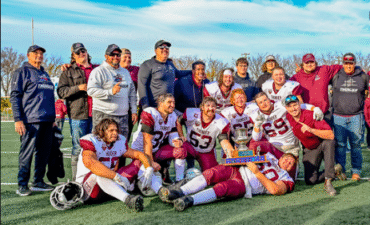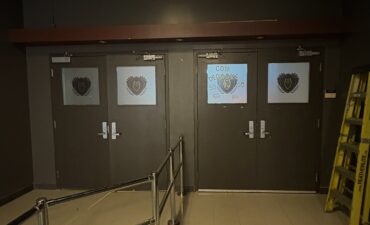
By: Kayla Guerrette
With Saskatchewan leading all provinces in COVID-19 cases per capita, news of three new variants of the virus has health officials concerned.
The first strain comes from the United Kingdom and is the variant experts like Dennis Kendel believe is the least troubling.
“All viruses mutate. This is not something unique to COVID but the way in which they mutate is highly variable,” said Kendel. The UK variant has spread quite a bit in Canada but fortunately the vaccine that we are using seems to be reasonably protective against that variant.”
It’s a different story for the variants that are coming from South Africa and Brazil. Kendel said the vaccine is not as protective and is very worrisome. The Federal government has put forward new measures to limit travel hoping it will help stem the spread into Canada.
But even with new restrictions in place, he remains concerned for front-line workers.
“I do know some nurses that have found it very very difficult to sustain the work they are doing and considering cutting back or even withdrawing from work for a while,” said Kendal.
“I think it’s most stressful on those working in intensive care units for instance and they are just such vital members of the team that if you start having nursing shortages it’s pretty hard to maintain.”
Angie McGeough is a nurse at the Regina General hospital and is part of the COVID unit. She knows first-hand the pressure that comes with being a front-line worker at this time.
“Very rarely do we take care of patients that have the exact same diagnosis,” said McGeough.
“It’s something we have never seen before. The stress level is higher and with patients unable to see their families, it’s lonely for them and they’re scared so there’s an increased need for nurses to care for their patients.”
She believes it’s not just herself and first responders feeling what she calls the “COVID burnout.” She wants people to minimize their bubble but realizes that people are feeling lonely and want more to do, but it can’t happen with hospital numbers continuing to increase.
“ We’ve had a couple people in the hospital who just couldn’t work there anymore and have chosen to take other positions elsewhere because we’ve unfortunately seen a lot of people pass away,” said McGeough.
“As a nurse you kind of train for that and you kind of get used to it but it’s not normal to have three people die in one shift.”
McGeough went on to say that often family members of these sick patients can’t be in the hospital or make it on time, leaving nurses like herself at their bedside. It has taken a toll on them and she said they try to support one another the best they can.
“Patients are having to FaceTime their families goodbye or the nurse is reading a letter to the patient’s family because that’s the only contact they have with them when they are passing away and taking their last breath,” said McGeough.















